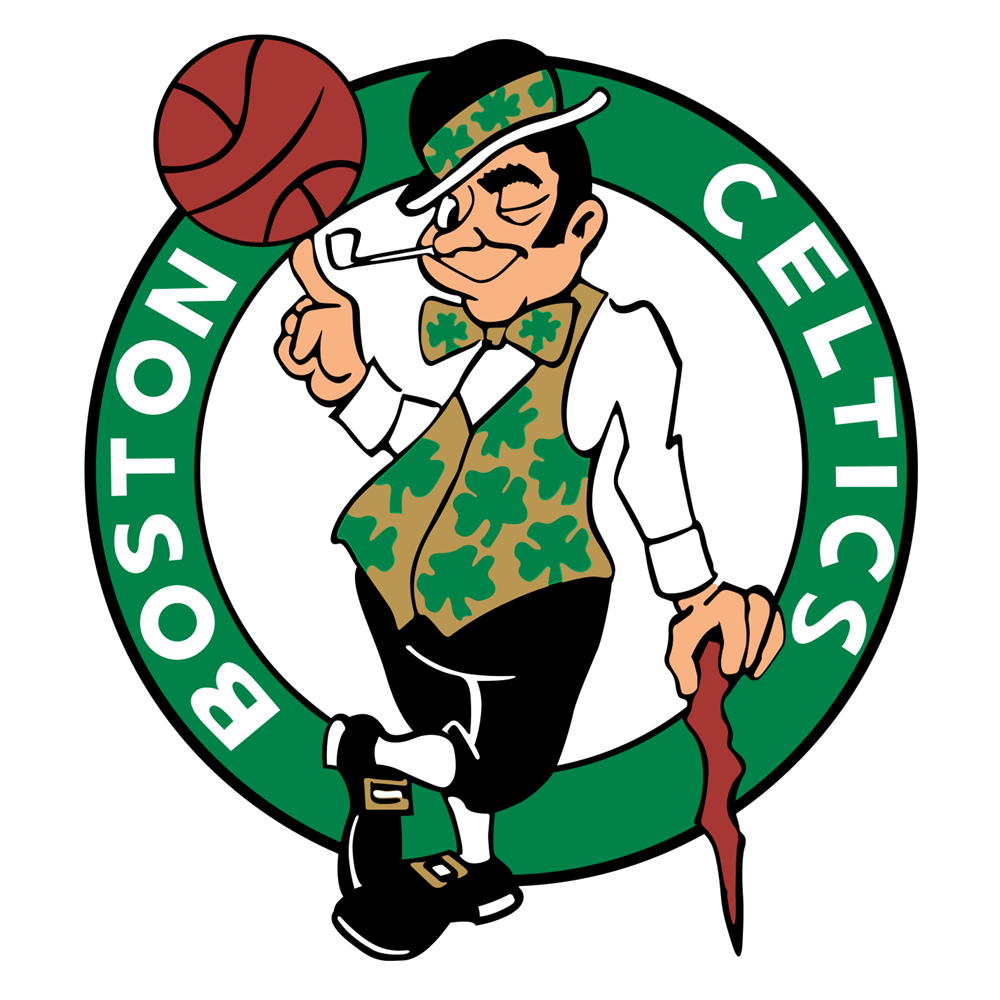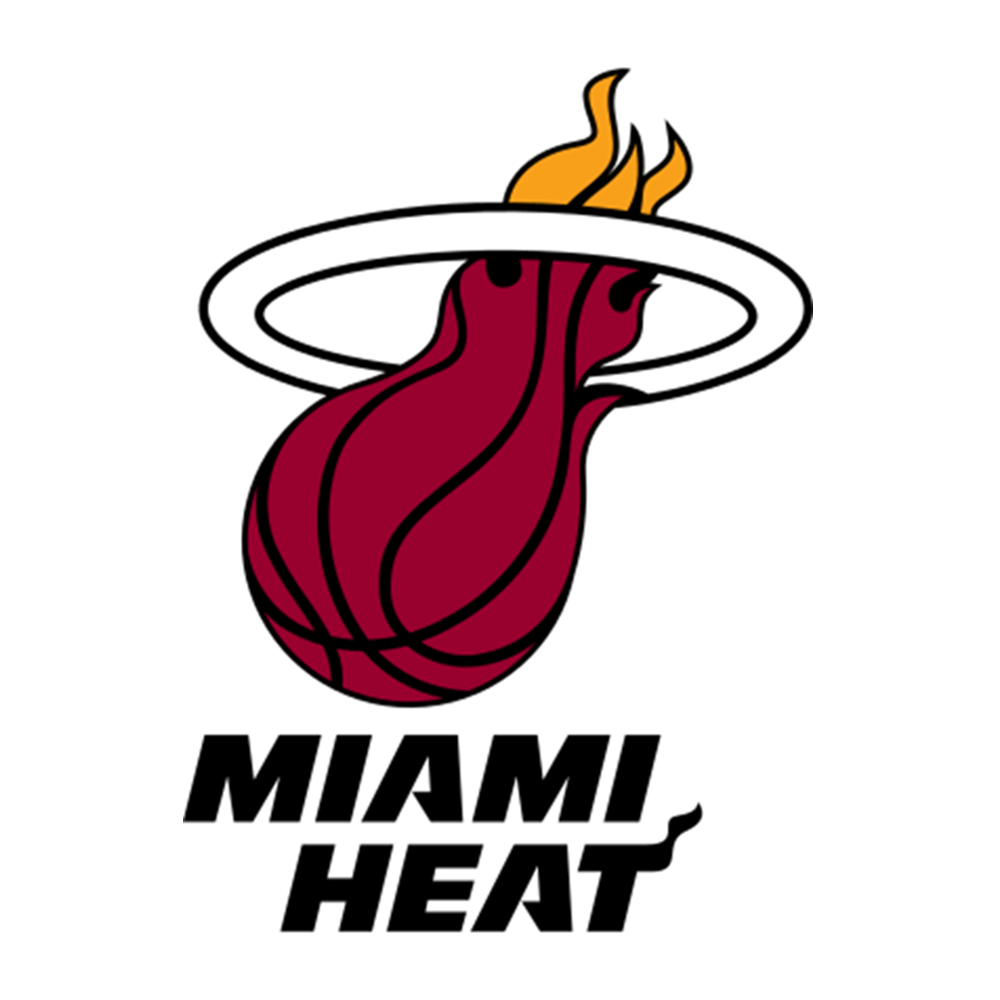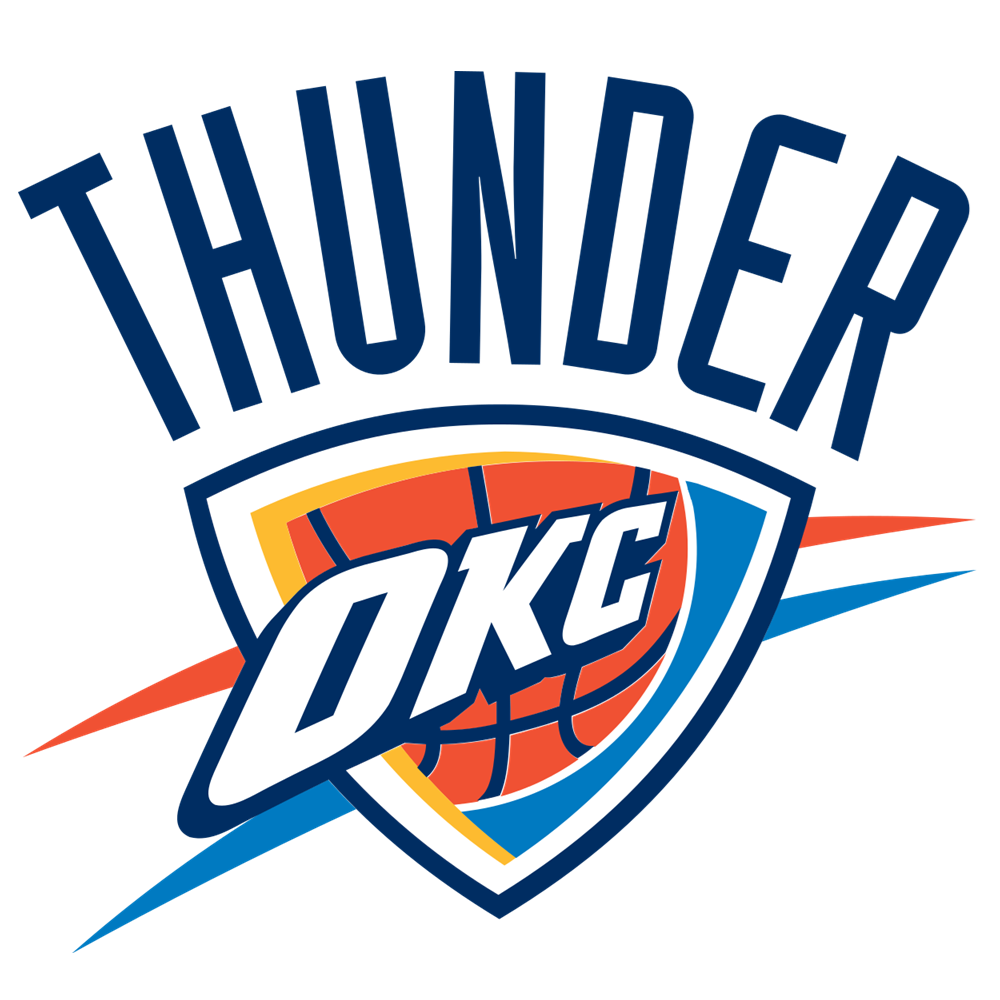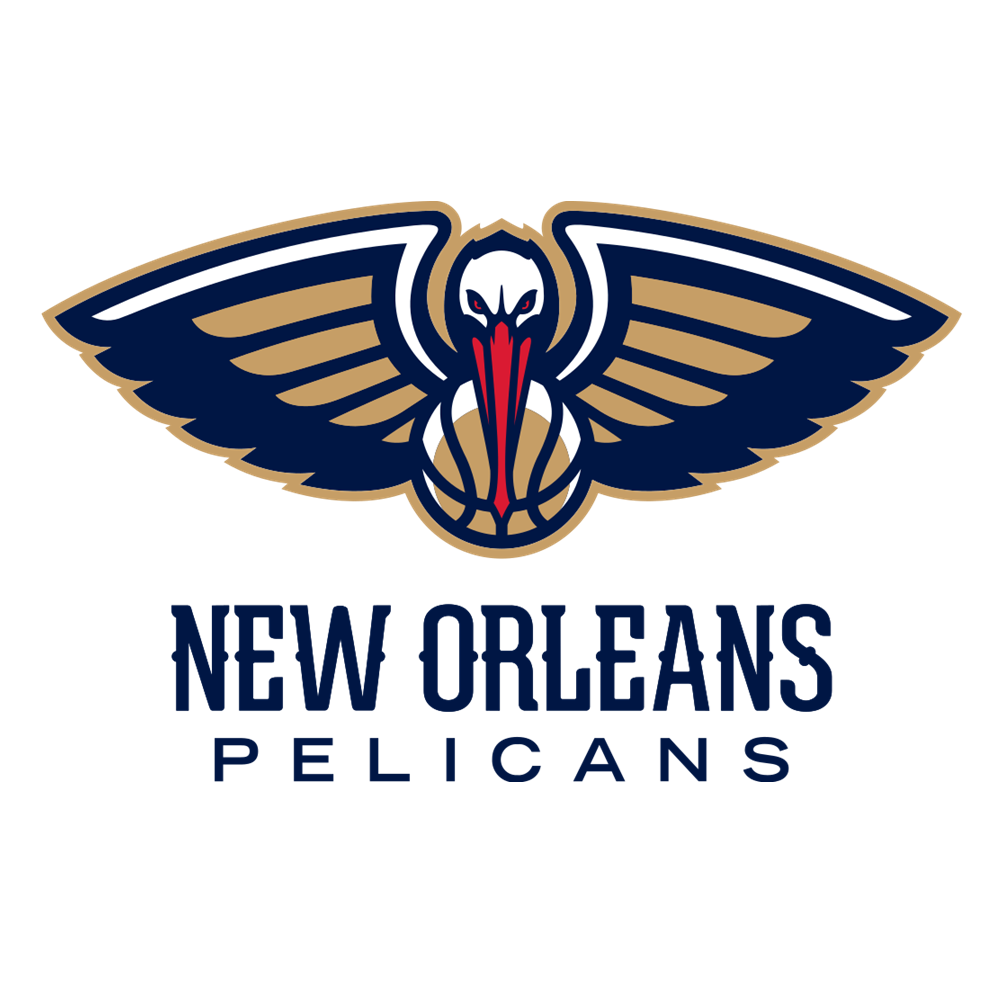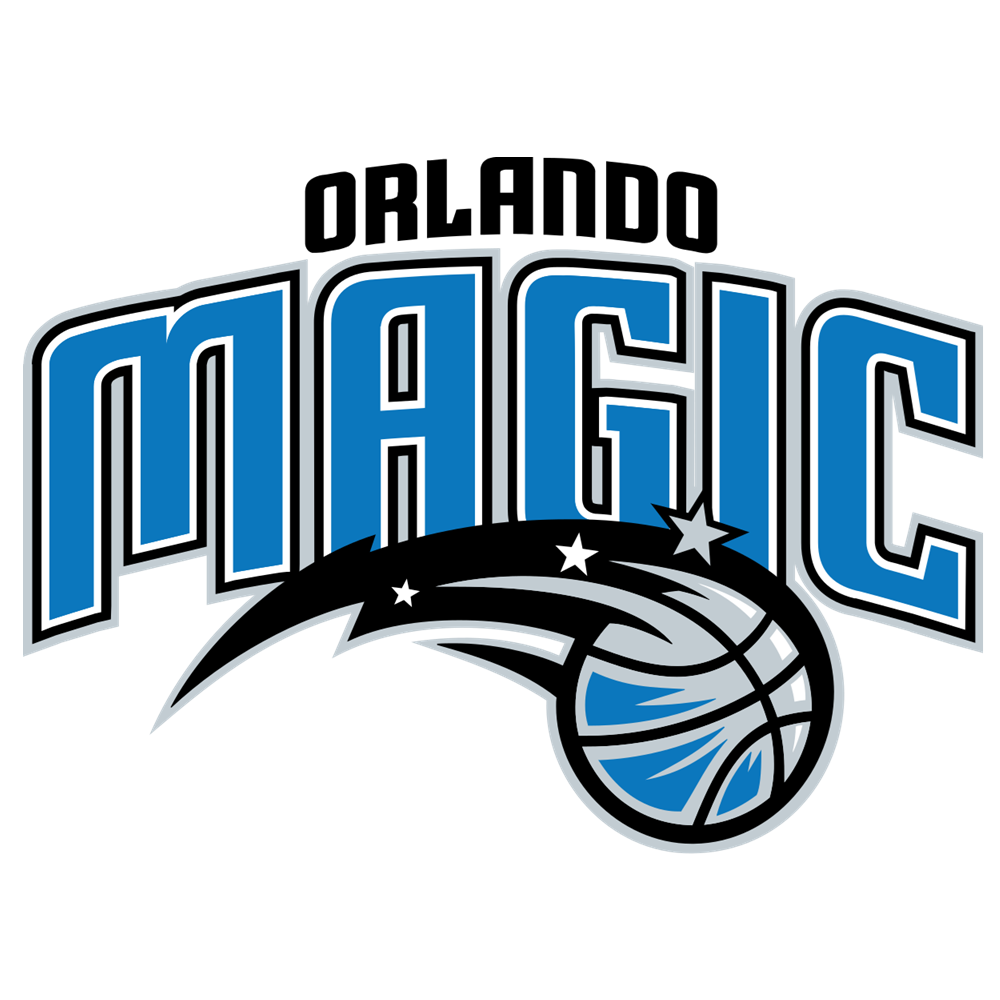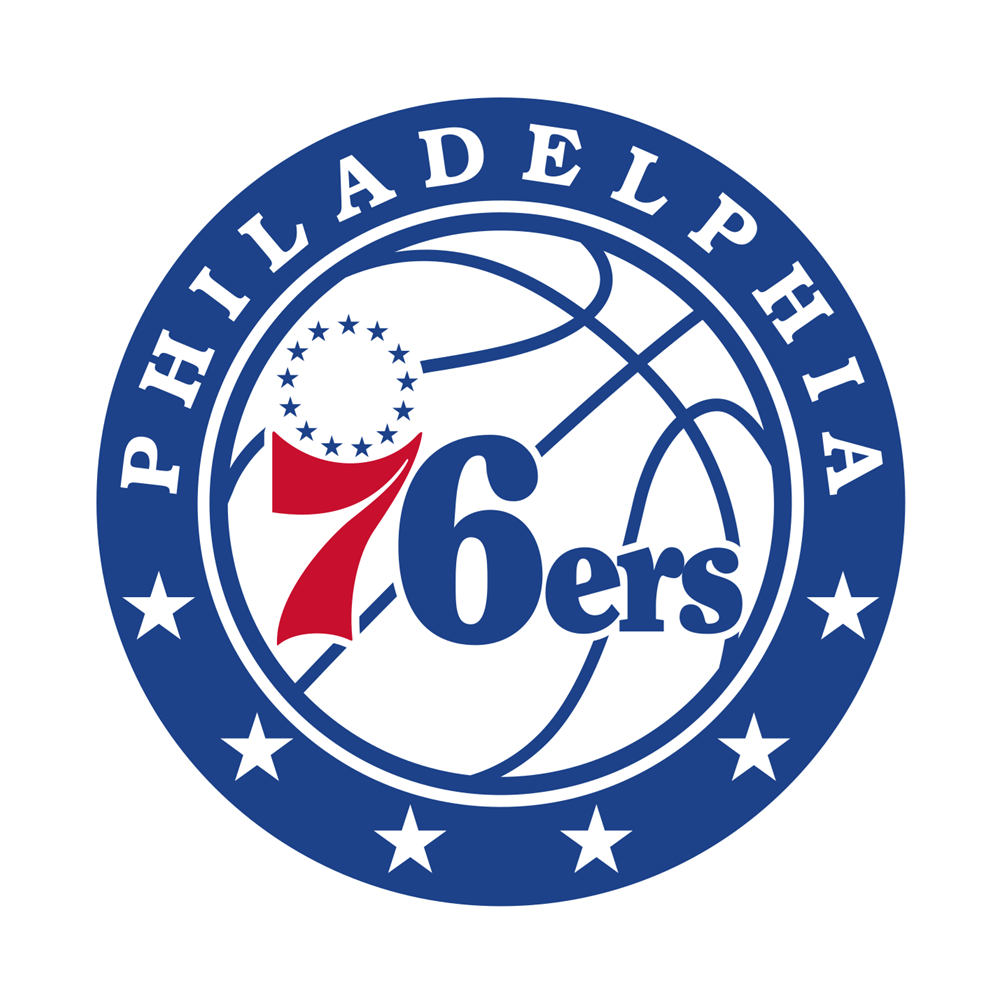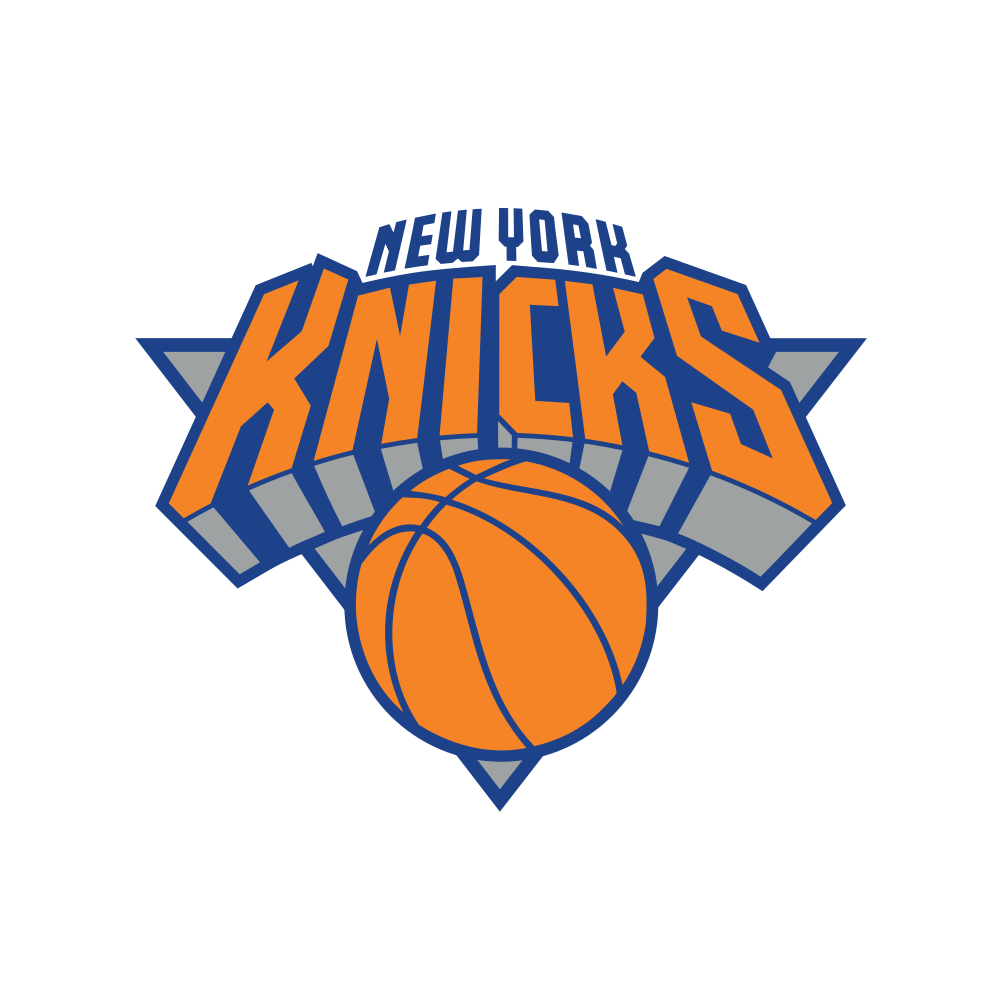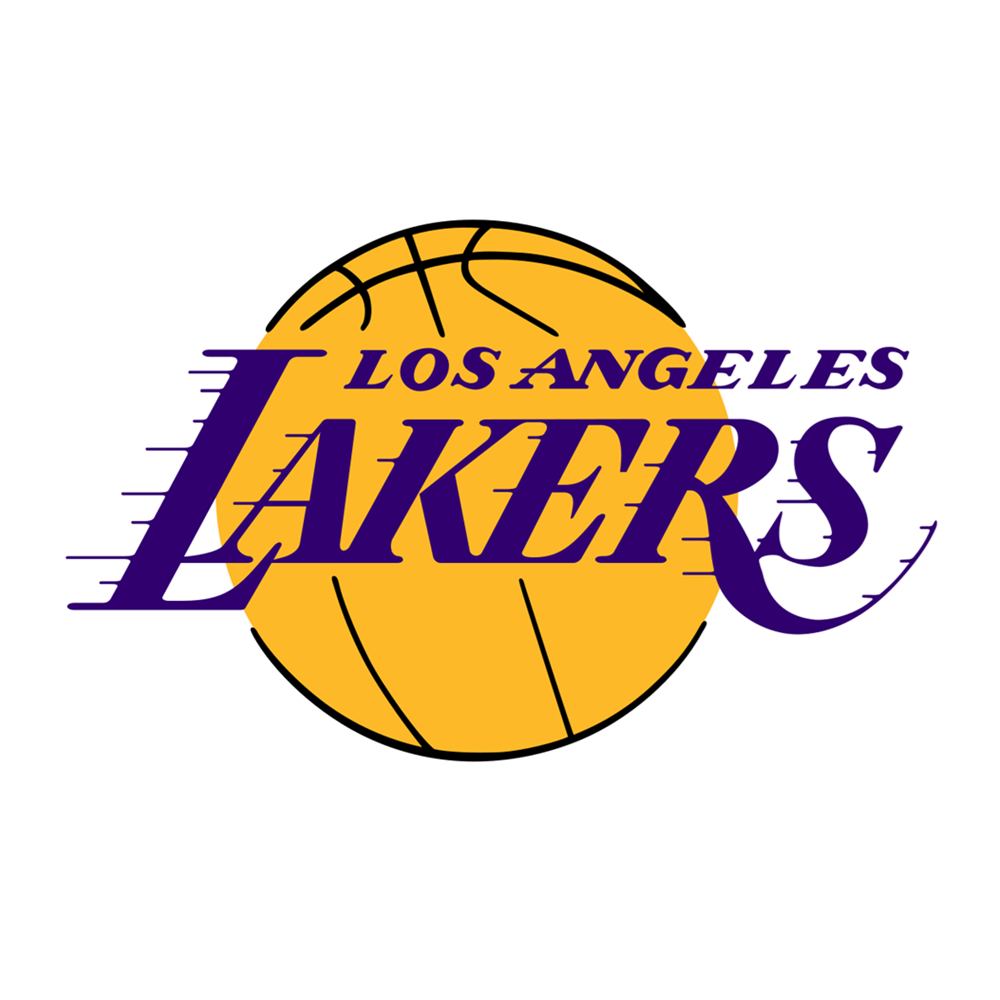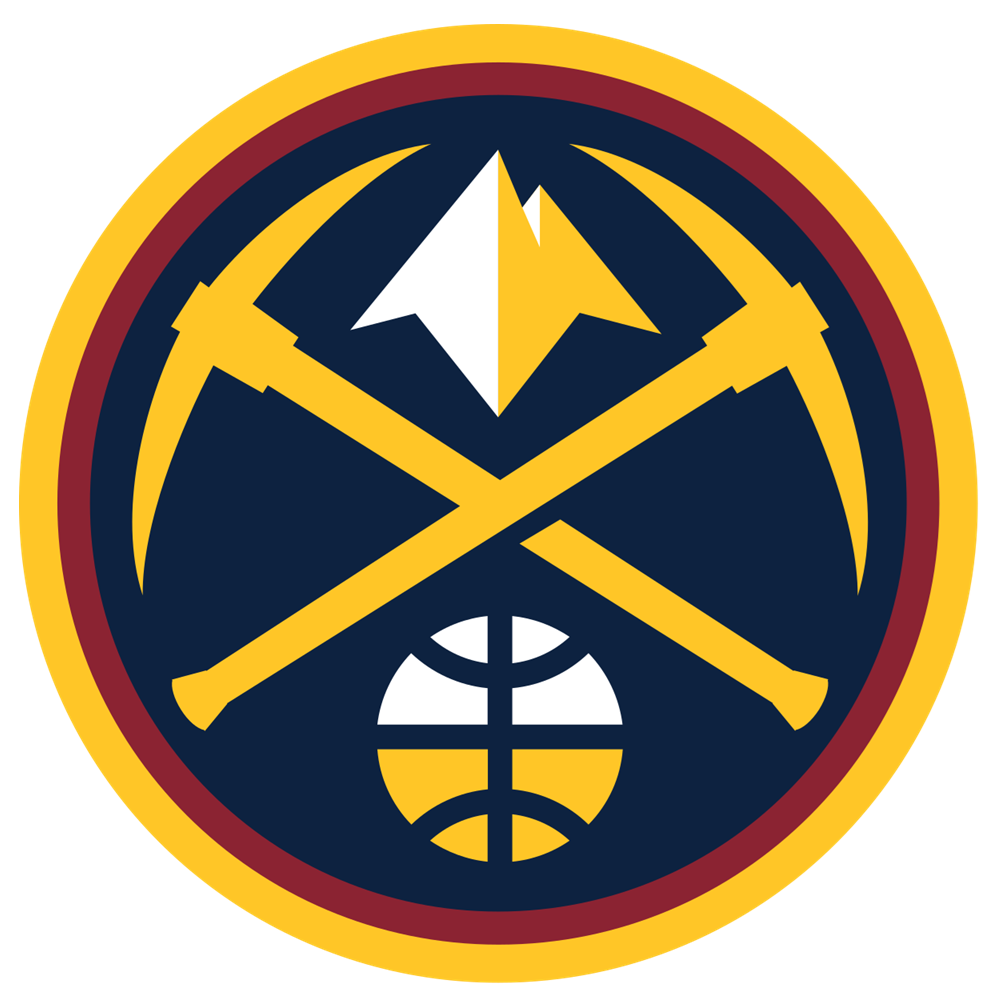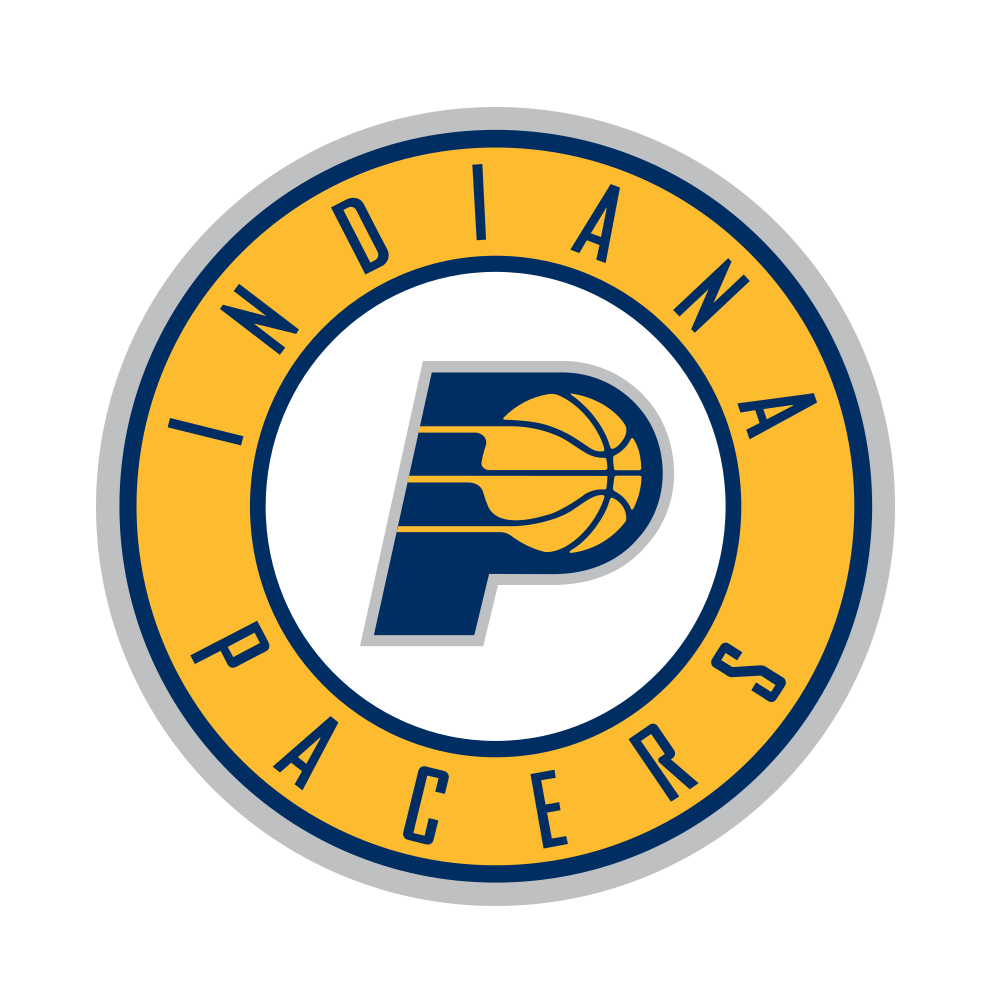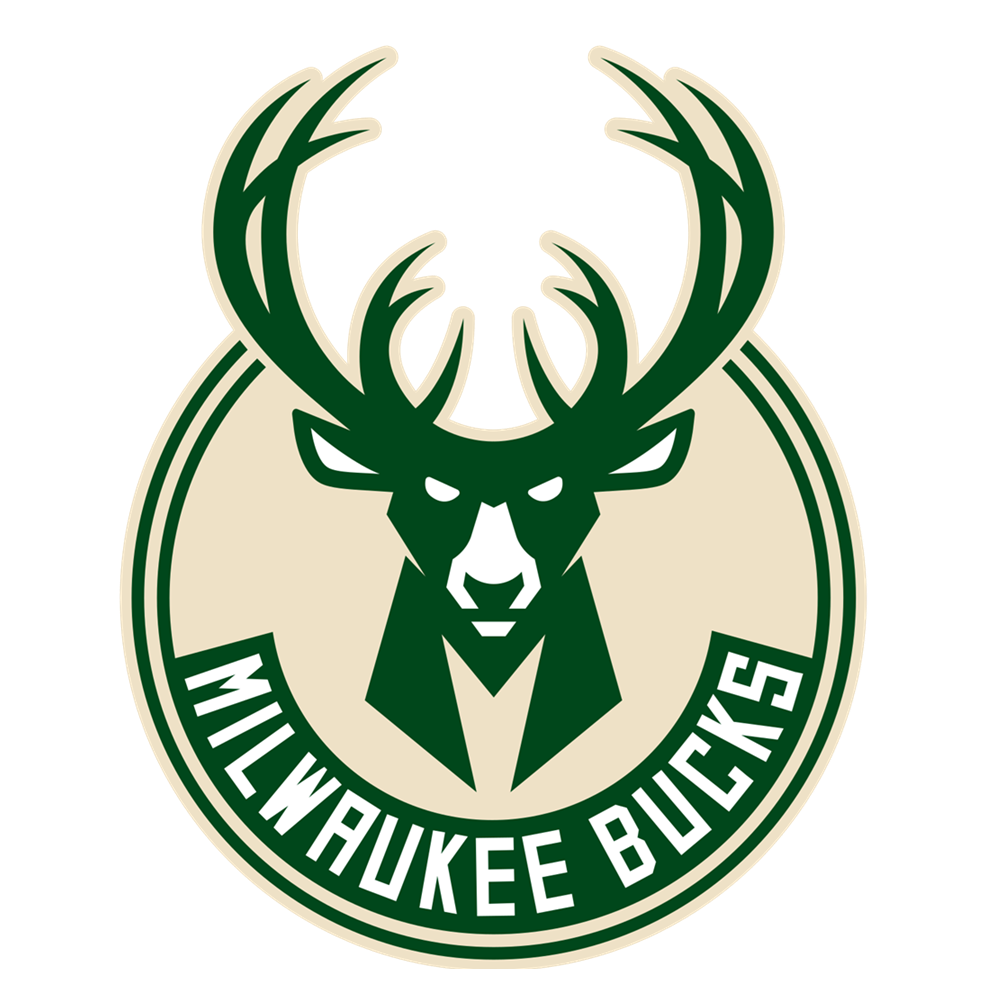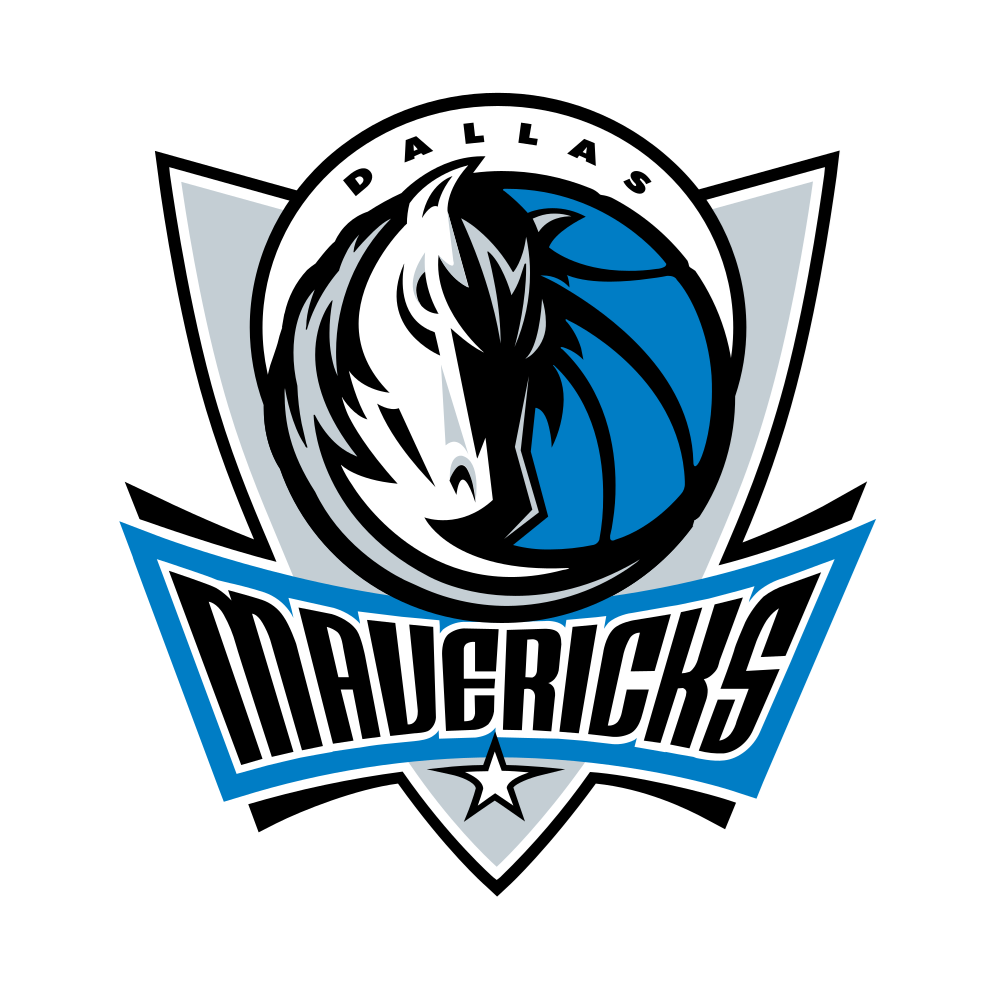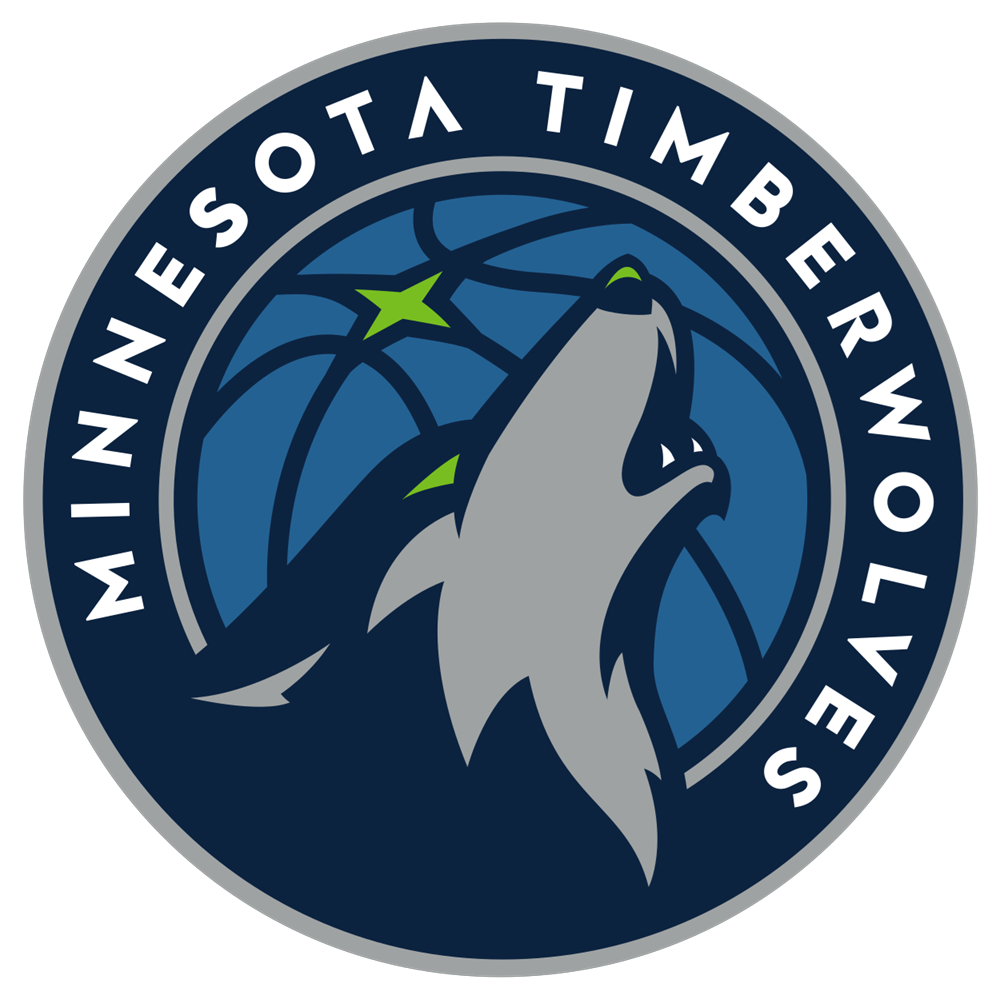This year's 2018 NBA Eastern Conference Playoffs will tip off with a rematch of the #4 versus #5 matchup from the 2015 postseason. Back then, the #4 Toronto Raptors lost quickly and handily to the #5 Washington Wizards, being swept 4-0 by an average margin of 14 points. But although at its very core remains much the same Toronto Raptors line-up now as it was then, it certainly is not the same team.
Not suffering the same wobbles that their top-of-the-Conference rivals the Boston Celtics (injury) and Cleveland Cavaliers (apathy then injury) battled through, the Raptors stormed the East with a 59-23 record, the third consecutive time they have broken the 50 win barrier and the best record in franchise history. And they did not suffer the same wobbles as their rivals because of their relatively stupendous depth.
Masai Ujiri took the core trio established by his predecessor Bryan Colangelo of Kyle Lowry, DeMar DeRozan and Jonas Valanciunas, continued the evolution of all three as players, and added a tremendous amount of young, hungry depth. We speculated earlier in the season here at GiveMeSport as to whether the Raptors' bench was suitably strong enough to be a playoff team in its own right, so good has it been all year - given this strength in depth, Toronto arrive into these playoffs with relatively rested legs for their key players and clean bills of health for most of the players that matter (except for a mild shoulder injury to Fred VanVleet, increasingly the crux of the second unit).
Washington, meanwhile, also arrives with much the same team as the aforementioned 2015 team. But in their case, that is a problem.
At their core, the Wizards retain the John Wall, Bradley Beal and Marcin Gortat trio that has been the foundation of their recent years of (relative) success. While Wall missed a substantial chunk of the second half of the regular season due to injury, including yet another niggle right at the very end, Beal managed to play all 82 regular season games for the first time in his career, while Gortat managed it for the second time in the row despite being the relatively advanced age of 34.
This relative stability, though, did not assuage doubts about the competitiveness and validity of a team that once again limped to the barn. More pressing than any concern of Toronto's weaknesses is how Washington looked down the stretch of this season. Losing 14 of their last 21 games, many of which were to sub .500 teams (including late losses to the Chicago Bulls, Atlanta Hawks and Orlando Magic, none of whom actually wanted to win), Washington dribbled to a stop at a time that a better seeding was very much within their grasp, and now have to do it all the hardest possible way. Beal in particular seemed to have had particularly dead legs for the last few weeks, missing a lot of jump shots short. Not nearly good enough to coast or ease off, the Wizards simply came up short on talent.
The same lack of depth that has plagued the team throughout the Wall era came back to affect them once again. With only Kelly Oubre and Tomas Satoransky serving as relatively solid contributors off of the bench - even then, Satoransky did little until Wall's injury, and Oubre has a tendency to go on phenomenal shooting slumps - the team relied more than it would have liked on its front five, hence the dead legs.
A case could be made that Toronto's backup power forward could be Washington's third or fourth best player. Notwithstanding a poor shooting percentage from outside (22.0% three-point shooting on a fairly high numbers of attempts), Pascal Siakam has become a force from the bench. He runs, dunks, defends, swarms around the court, and plays with a potent mixture of speed, effort, size and quickly developing skill. A post player who could barely handle the ball when he entered the league is now a one man fast break. To overlook Siakam, or the absolute pest that is VanVleet, or the defensive wall that is Jakob Poeltl, or the versatility that is Delon Wright, or the pure gunning of C.J. Miles, is to overlook half of the team on a roster with two full line-ups.
Washington, in contrast, does not have a player like that in reserve. Backup centre Ian Mahinmi shook off a terrible start to contribute later in the season as an interior defender and rebounder, and reserve power forward Mike Scott went through a stretch when absolutely every jump shot went in. Yet compared to their opponent, it is not enough, and the impact of having such depth is proven by Toronto's success.
It is true that rotations generally contract in the playoffs. It is not however true that they have to, and it is also true that having great depth allows for the preservation of playoff legs. To pull the #8 versus #1 upset for the first time in six years, the Wizards will need Herculean efforts from their stars, and there is little evidence they have an extra level this year.
It should be noted that the Wizards pulled much the same act in the 2015 season that saw them sweep the Raptors in the first round. That season, they lost eight of their last fourteen games, and featured a rotation of Wall, Beal, Gortat, Otto Porter, Nene, Drew Gooden, an aged Paul Pierce, and Ramon Sessions (who, by virtue of a mid-season pick-up this year, is now back with the team partly on account of his familiarity). And yet, fuelled by Beal's 23.4 points per game breakout playoff performances, they made it to the second round, only losing in six games to a 60 win Atlanta Hawks team.
Nevertheless, even if it is hoped that the Wizards still have that one higher gear to switch to, Toronto has done about as much as a team can to assuage the anxieties of yet another playoff implosion.
Much as the Ujiri era has seen the best regular season teams ever assembled in franchise history, the combined 263-147 record over the past five seasons has been undermined by their anticlimactic playoff showings. The isolation-heavy finesse basketball that got them that far seemingly could get them no further - Kyle Lowry in particular has struggled, averaging only 12.3 points per game in the 2015 sweep to the Wizards, and struggling with efficiency in every other playoff run except last season. For whatever reason, a formula and talent lever that had hitherto worked very well just stopped working once the level stepped up,
This season, however, has seen Toronto embark on distinct shifts in both offensive and defensive policy. Gone is much of the isolation offence - Valanciunas still gets lost and paint touches, and DeRozan can still be found floating around the mid-range areas, but both are a more organic product of improved ball and movement than they are designed clearouts. This in turn facilitates and emphasises efficiency, as evidenced by the team's defensive rating of 105.9, good for fifth in the league.
Where one team has kept true to that and those which it has always really known, the other has evolved and grown. Toronto has been able to make marked improvements on both ends of the court, in their overall team balance and in their on-court product by adjusting to incorporate the informed groupthink around the league. Defensively, too, the Raptors have prioritised a scheme designed to funnel opponents more regularly and more easily to the areas of the court that they want to defend - namely, denying the three-point line, and funnelling players inside.
Notwithstanding the good rookie season defence by O.G. Anunoby on the perimeter, Toronto's best defence involves sending opponents to the rim (going up an above-average percentage of shots there), yet defending them well (yielding a below-average shooting percentage on those attempts). Valanciunas may be slow, but he makes good plays on the ball when in position, and while the freeroaming blocks of his youth are gone, Serge Ibaka can still track a player within arm's length. They also subsequently clear the defensive glass, ranking 13th in the league in defensive rebounding percentage, and while it is a strategy that comes at the cost of quite a few fouls, the foul is not altogether a bad play, especially around the basket. And once again, the depth allows the team to ride out any individual's foul problems better than a shallower team ever could.
In a perverse way, though, Washington's offensive stagnation might serve to provide their best chance at topping the Raptors's defence. A well-balanced team on both ends, Toronto nevertheless offers some slight vulnerability against opposing pick-and-roll players, given that neither starting big (the always slow Valanciunas and the significantly slowed Ibaka) have the fleet of foot to do much more than drop back. Struggling to defend in space, both would rather sag back as far as the basket, which they defend much better, which in turn gives up the mid-range pull-ups to any opposing guard willing to take it.
Normally, that selfsame groupthink of efficiency to which Toronto has now fully subscribed would accept this, if not champion it. Defences forcing and/or allowing opponents to take a high volume of mid-range jump shots are generally considered successful defences. It has however long been a staple of the Wizards' offensive game to take these looks. Ostensibly, the Wizards fired Randy Wittman in a bid to get away from the purposeful nature of so many mid-range shots that had come to define his offence - they were a feature, not a bug. But hiring the always pick-and-roll heavy Scott Brooks in his place has seen much of the same continue.
The Wizards remain a pick-and-roll based team, with or without Wall. Without Wall, the ball arguably moves slightly more (as do the players - when he does not have the ball in his hand, Wall does tend to stand in the same spot), yet the limitations of the somewhat basic and repeated sets are magnified without Wall's individual creativity to bail them out. The Wizards found some success at the beginning of Wall's recent 27 game absence using Wall and Satoransky in similar sets, with better movement and spacing off the ball, and some post-up touches for Morris, but the lack of variations on the initial actions, and the lack of bench weapons described above, made for few counters. Much as having a pick-and-roll centric offence so reliant on Wall has shown its limitations, the alternative is worse.
In this instance, though, it might work. Valanciunas and Ibaka are exposable, and while Siakam can defend the play well - by this point, he is a better player than Ibaka - and so can Poeltl for his size, the play will be there in most halfcourt possessions. It is not for nothing that despite his high volume, Wall is one of the worst mid-range shooters in the league (shooting only 86-291 from between the rim and the three-point line, for 29.6%), yet if he can hit his shots, find Gortat on the roll, hit the shooters his pull-ups open up passing lanes for (the presence of Mike Scott allows them to play four out at all times) and play for the more efficient looks the sagging Raptors bigs can offer, the Wizards' barrage of pick-and-roll possessions does play into the Wizards' weakness.
Conversely, on their defensive end, Washington offer both good length (particularly in the form of starting forward Otto Porter), and defend the three-point line well as a unit, giving up the sixth lowest percentage in the league. They have however proven to be susceptible to the drive, and have not the presences around the basket to deter anyone from the Raptors who should get there. The Raptors (at least when Lowry is at the helm) are not the more frequent drivers of the ball, but against a distinctly middle-of-the-pack defence in the Wizards, they need not be to find success.
Match-up wise, with his length and speed, Porter is a good matchup for DeRozan, while with his need to be hidden and Porter's low offensive usage (something that should urgently be reviewed), DeRozan is a good matchup for Porter. Historically, Marcin Gortat has had a lot of relative success over Jonas Valanciunas (who, contrary to conventional thinking, struggles more with the bigger and slower paint players like himself), although neither is the player they have been in - Gortat's defence around the basket in particular, a strength earlier in his career, has fallen off quite significantly. Ian Mahinmi might become quite an important presence in this series - despite his great cost, he is unplayable in certain matchups in the modern NBA, but these are not those.
However, Toronto has the majority of advantages on its side. Anunoby may only be a rookie, but he has spent the years knocking the Beals of this league out of their rhythm for bursts, and the depth formula is not going to suddenly stop working. The Raptors will know all known used connotations of the Wizards' pick-and-roll set-up, and they will not lack for fresh legs to pursue its protagonists off the spot.
Wizards fans may wish to hang their hat on the fact that, in acquiring their 59-23 regular season record, Toronto went 35-2 in games versus sub-.500 teams. It is true that beating the teams they are supposed to beat is a hallmark of superiority, and the fact that the Wizards did not win these very same games at the end of the regular season is a worrying concern for them. It does however speak to a much more sedate 24-21 pace against .500 or better opponents, which the Wizards just about are. Washington's lack of depth can perhaps be mitigated by the nature of shortened playoff rotations, and it is of some note that Wall mostly got his game back towards the end of the regular season and has proven in years past that he can offer a heightened level of defensive enthusiasm in postseason play. He will need to, as will the sometimes lazy Beal, and they can do it.
This is, however, a 59 win team versus a team that ranked 14th on offence, 15th on defence, and similarly mid-table in pretty much every measurable metric. The Wizards have done nothing to distinguish themselves, especially down the stretch of the season. It seems unlikely that they will do so to pull the upset now.
